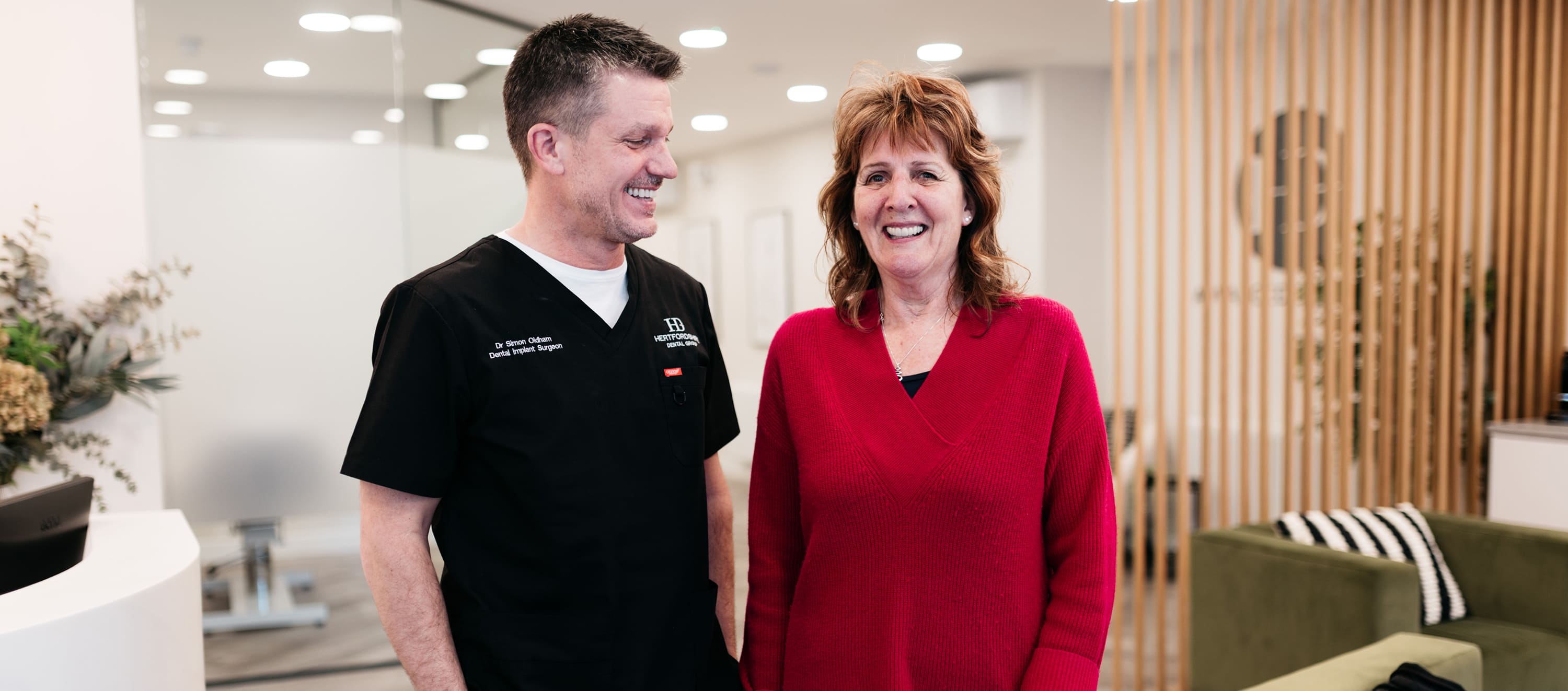confidence WITH A SMILE
Dentures
Modern dentures are more comfortable, durable and natural looking than ever.
Dentures are a convenient and cost-effective way to replace missing teeth lost through tooth decay, dental trauma and gum disease.
These false teeth can either be fixed or removable, and can be moulded to replace gaps or entire sets of teeth.
Dentures have had a bad reputation in the past, but modern dentures are not only comfortable and convenient, they look more natural than ever before.
With partial and complete dentures available, this treatment can be used for patients who are missing either a few or all of their teeth.
The benefits of dentures
You will have a full, natural-looking smile
A cost-effective way to replace missing teeth
Lightweight and removable
Durable and long lasting
Low maintenance and easy to clean
Tailor-made and easy to adjust
Aid speech
Make eating easier
Restore your confidence
TYPES OF DENTURES
Partial dentures
Partial dentures, which are used to replace either single or multiple missing teeth, are the most common type of denture. They consist of a plate – made of either acrylic, nylon or metal – with one or more false teeth on it. The false teeth will be matched to your own teeth as closely as possible.
FULL dentures
Full dentures can be used to replace an entire set of teeth in the upper and lower jaws. They fit snugly over the gums and jawbone to replace missing teeth, which helps to eliminate issues caused by having gaps. Full dentures are usually made of an acrylic base and a set of acrylic teeth.
Overdentures
Overdentures, also known as snap in dentures and magnetic dentures, are a type of denture treatment that is fully supported by dental implants. The implant provides a fixed, permanent anchor onto which your denture can be secured.



